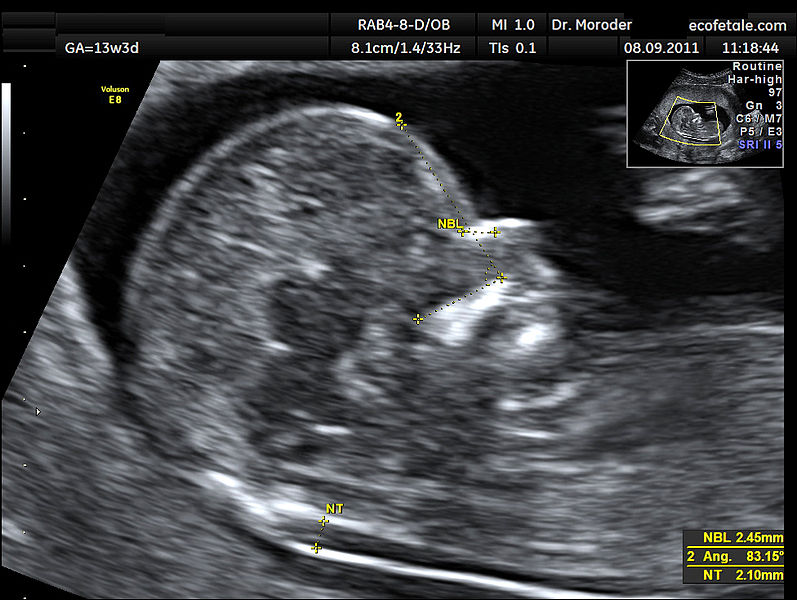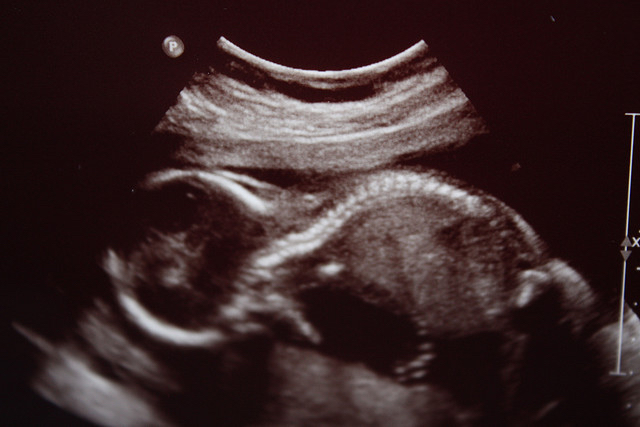Maternal Blood Tests
All pregnant women are offered screening for four infections: hepatitis B, HIV, syphilis and susceptibility to rubella.
Women with hepatitis B, HIV or syphilis are offered care and treatment to reduce the risk of passing the infection to their baby, and for their own health and wellbeing.
Women who are not protected against rubella (called rubella susceptible) are offered vaccination to protect future pregnancies.
Women will also have their blood group tested to see if there is a risk of Rh-incompatability if mother is Rh-negative; in the event of sensitisation events such as a bleed or the delivery itself the mother should be give Anti-D (RHO) immunoglobulin to prevent her producing antibodies against a Rh-positive fetus.


